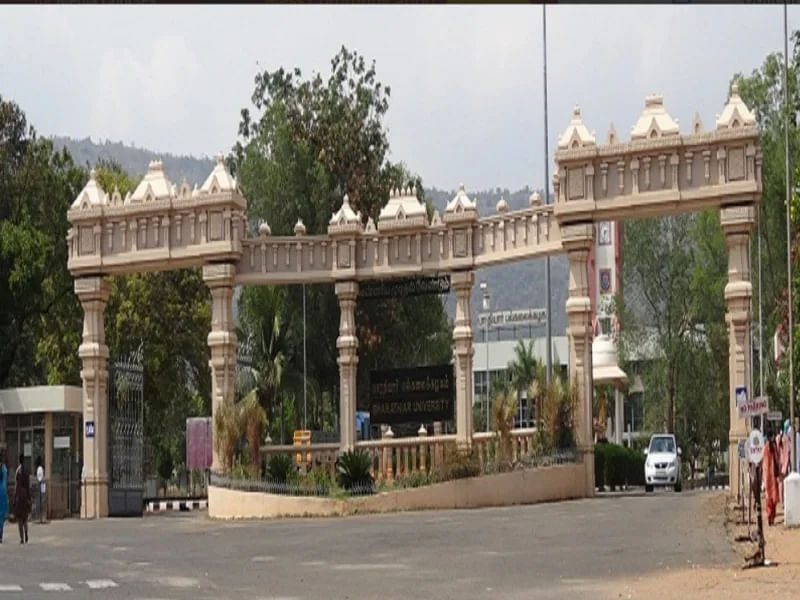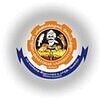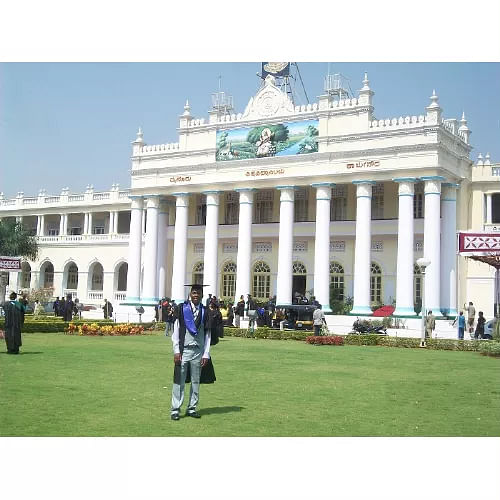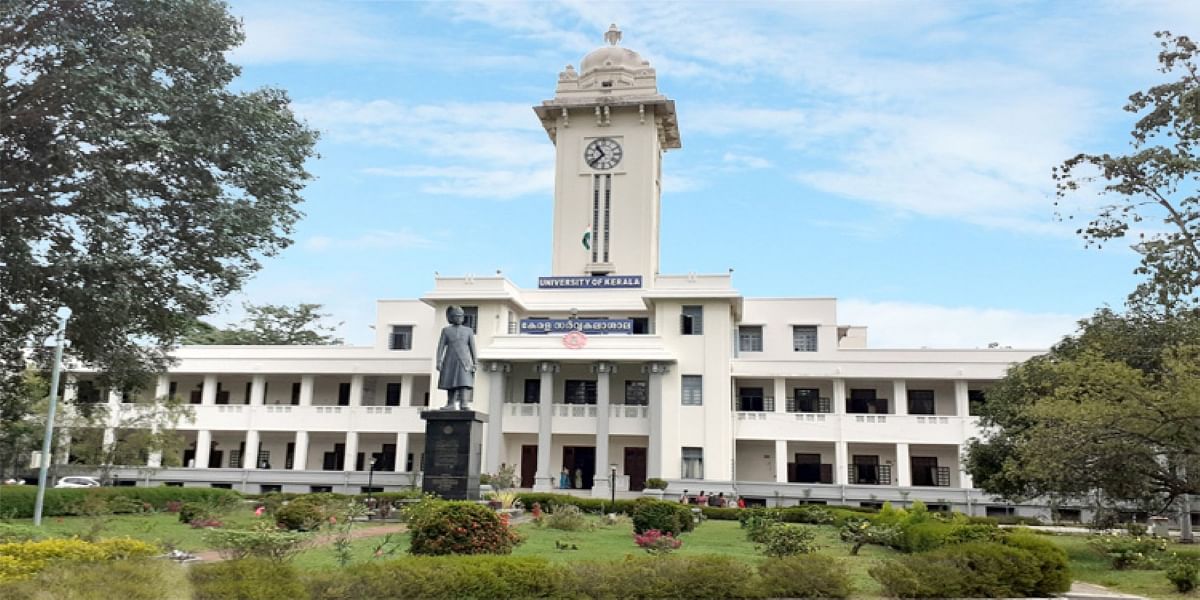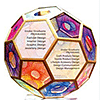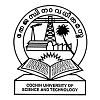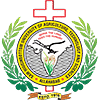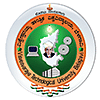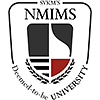MA Linguistics Syllabus and Subjects

MA in Linguistics syllabus has a variety of subjects like phonetics and phonology, syntax, sociolinguistics, morphology, semantics, pragmatics, and others. Through a unique blending of likely disciplines, one will get the knowledge to start a career in this sector. The following is a list of the MA Linguistics course syllabus.
Semester Wise MA in Linguistics Syllabus
The MA Linguistics curriculum includes a wide range of topics, including Linguistics, as well as specialisations in Archaeology, Anthropology, Psychology, Philosophy, Sociology, English, Computer Science, and others. The MA Linguistics course is broken up into four semesters and cover a wide range of topics. The following is a list of the MA Linguistics subjects offered each semester:
MA Linguistics First Year Syllabus
The table below contains the list of MA Linguistics subjects in the first year:
| Semester I | Semester II |
| Phonetics | Phonology |
| Morphology | Syntax |
| Language Teaching Methods | Semantics I |
| Sociolinguistics | Language Testing |
| Historical and Comparative Linguistics | Psycholinguistics |
| - | Writing Systems |
MA Linguistics Second Year Syllabus
The table below contains the list of MA Linguistics subjects in the second year:
| Semester III | Semester IV |
| Semantics II | Dissertation |
| Pragmatics | Advanced Syntax |
| Natural Language Processing | Computational Morphology |
| Language Processing, Parsing, and Generation | Syntactic Models |
| Translation | Corpus Linguistics |
| Philosophical underpinnings of Modern Linguistics | Language Universals and Typology |
| Indian Grammatical Traditions | Child Language Acquisition |
| Sociology of Language | History of Linguistics |
| Applied Linguistics | Semiotics |
| Lexicography | Neurolinguistics |
| Stylistics | - |
MA Linguistics Subjects
Over the course of two years, MA Linguistics courses cover a wide range of subjects and topics that are crucial for prospective students to study. Core and elective categories are used to categorise the subjects for the MA Linguistics programme. A list of MA Linguistics courses is provided below:
MA Linguistics Core Subjects
The core MA Linguistics subjects list of essential subjects that all MA Linguistics students study, is as follows:
- Grammatical Theory (compulsory)
- Phonetics and Phonology (compulsory)
- Semantics and Pragmatics
- Sociolinguistics
- Psycholinguistics
Practicals:
- Practical Session
- Seminar
- Internship
- Project Work
MA Linguistics Elective Subjects
- phonetics
- phonology
- morphology
- syntax
- semantics
- pragmatics
- discourse and conversation analysis
- typology
- historical linguistics
- sociolinguistics
- cognitive linguistics and psycholinguistics
- computational and corpus linguistics
- field linguistics
- the documentation and description of endangered languages
MA Linguistics Course Structure
Core and elective courses are frequently offered in MA Linguistics programmes. Core subjects take up the first few semesters of the Linguistics programme. Depending on the Linguistics programme, it may take up to one academic year to finish the core curriculum.
The topics included in the MA Linguistics programme provide not just theoretical understanding but also vital interpersonal and practical abilities. The MA Linguistics course structure is broken down as follows:
- VI Semesters
- Core Courses
- Elective Courses
- Practicals
- Seminars
- Internship
- Project Work
MA Linguistics Teaching Methodology and Techniques
The MA Linguistics programme uses its own set of instructional strategies. Subjects are taught through practical lessons so that the pupils can comprehend what is being taught to them. Various teaching methods are employed by various MA programmes. In order to improve the effectiveness of training, MA Linguistics uses case studies, group projects, and other types of action-based learning in addition to conventional lecture-based instruction. As a result, more is learned about the theory and applications covered in the course. The different teaching methods applied in the MA Linguistics programmes are as follows:
- Practical /Project sessions
- Internship
- Seminars
- Regular Lectures
MA Linguistics Projects
The MA Linguistics programme emphasises group projects and activities through project-based learning, which is a prevalent teaching technique. Groups of six to eight students each work on assignments and other tasks associated with the course as they progress through it.
Working on projects helps teachers make sure that students understand the concepts completely. The following are some of the most well-liked MA Linguistics projects:
- A critical examination of the communicative implications of Indian English usage
- An analysis of graph-syntactic errors in the language of advertising in India
- Tense And Aspect In North Eastern Dialect
- Linguistics Analysis Of Financial Corruption: A Case Study Of Selected Articles
MA Linguistics Books
The MA Linguistics books provide students with a fundamental overview of the course as well as an in-depth study of their area of concentration. Students can access the course textbooks both online and offline. The reference texts for the MA Linguistics curriculum are as follows:
| Name of Book | Author |
| An Introduction to Language | Victoria A Fromkin |
| Course in General Linguistic | Ferdinand de Saussure |
| The Complete Guide to Neuro-linguistic programming | Louis Sinclair |
| Syntactic Structures | Noam Chomsky |
| Linguistics Terms and Concepts | Geoffrey Finch |










